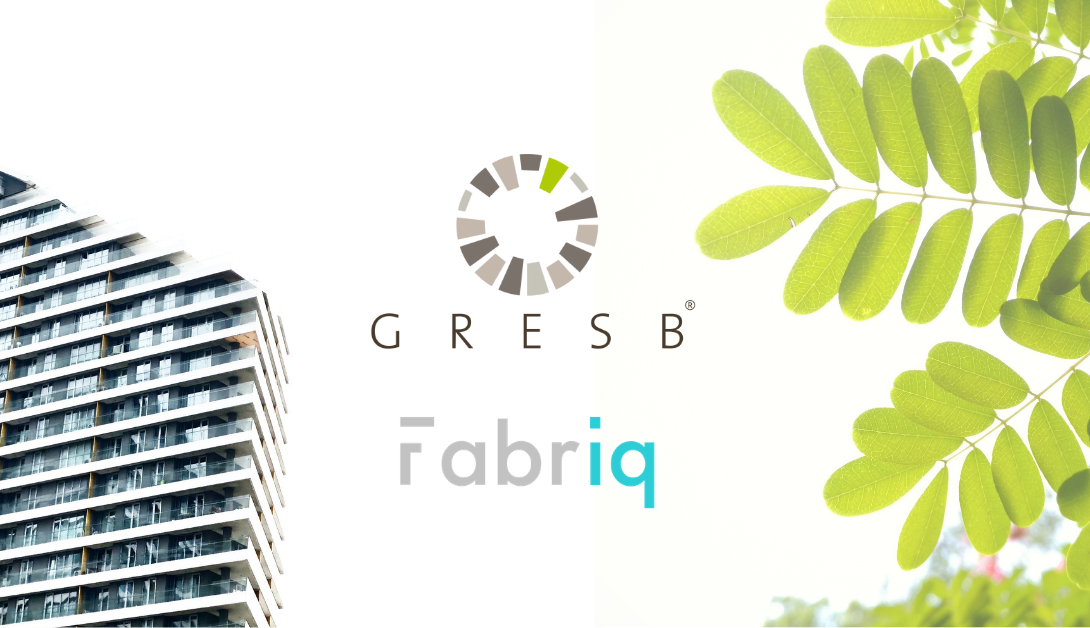
In the context of GRESB 2020 submission deadline extended by 1 month (to August the 1st 2020) and with the help of the enhanced Fabriq GRESB module, real estate sustainability practitioners are well equipped to participate in this year's global benchmark reporting. As most sector experts know, GRESB announced at the 2019 results event that they had decided to bring a series of changes to 2020 reporting. So, what are the main changes for GRESB in 2020?
In a nutshell, the main changes are structural. Prior to 2020, there were seven components: Management, Policy & Disclosure, Monitoring & EMS, Performance Indicators, Building Certification and Stakeholder Engagement. This has been simplified to Management, Performance and Development components. Also there has been a reduction in the number of indicators while others have been simplified.
- The Management Component measures the entity’s strategy and leadership management, policies and processes, risk management, and stakeholder engagement approach, composed of information collected at the entity level.
- The Performance Component measures the entity’s asset portfolio performance, composing of information collected at the asset portfolio level. It is suitable for any real estate company or fund with operational assets.
- The Development Component measures the entity’s efforts to address Environmental, Social and Governance (ESG) issues during the design, construction, and renovation of buildings. This component is suitable for entities involved in new construction (building design, site selection and/or construction) and/or major renovation projects, with on-going projects or completed projects during the reporting year.
What does Asset Level Reporting mean?
Following the success of the 2019 cycle, GRESB are casting their eyes on real estate assets at an increasingly granular level, in pursuit of transparency and to gain further insight into the practices and operations within real estate space.
Collecting data at this level will definitely challenge this year's respondents; especially, those with large portfolios. Energy and water consumption, waste production and treatment are expected as part of the submission and, more noticeably, additional tabs are included in this year's asset level spreadsheet e.g. listing building certificates and ratings as well as efficiency measures undertaken within the past three years.
How is the Fabriq-GRESB partnership helping?
As a Premier Partner we appreciate the efforts that GRESB as an organisation have put into getting this year's assessment ready and the continued passion for improving sustainability practices. Our 2020 GRESB module enhancements include:
- A full reconciliation process to ensure complete mapping of Fabriq OS features to GRESB's asset level requirements;
- Users have the ability to capture consumption data at different resolutions, either through a manual upload or an AMR data source, and connect to the GRESB portal;
- Additionally, sustainability experts can store asset certification and ratings data in Fabriq OS;
- With the help of our GRESB module, practitioners can validate and submit your data directly to the GRESB portal.
We remain committed to future refinements of the Fabriq OS platform collaborating closely with GRESB to ensure insightful data on the sustainability performance of real-estate assets is easily accessible to all stakeholders. Do get in touch if you want to know more about the enhanced 2020 Fabriq OS GRESB module. Additionally you can download the detailed brochure here. Enjoy!

